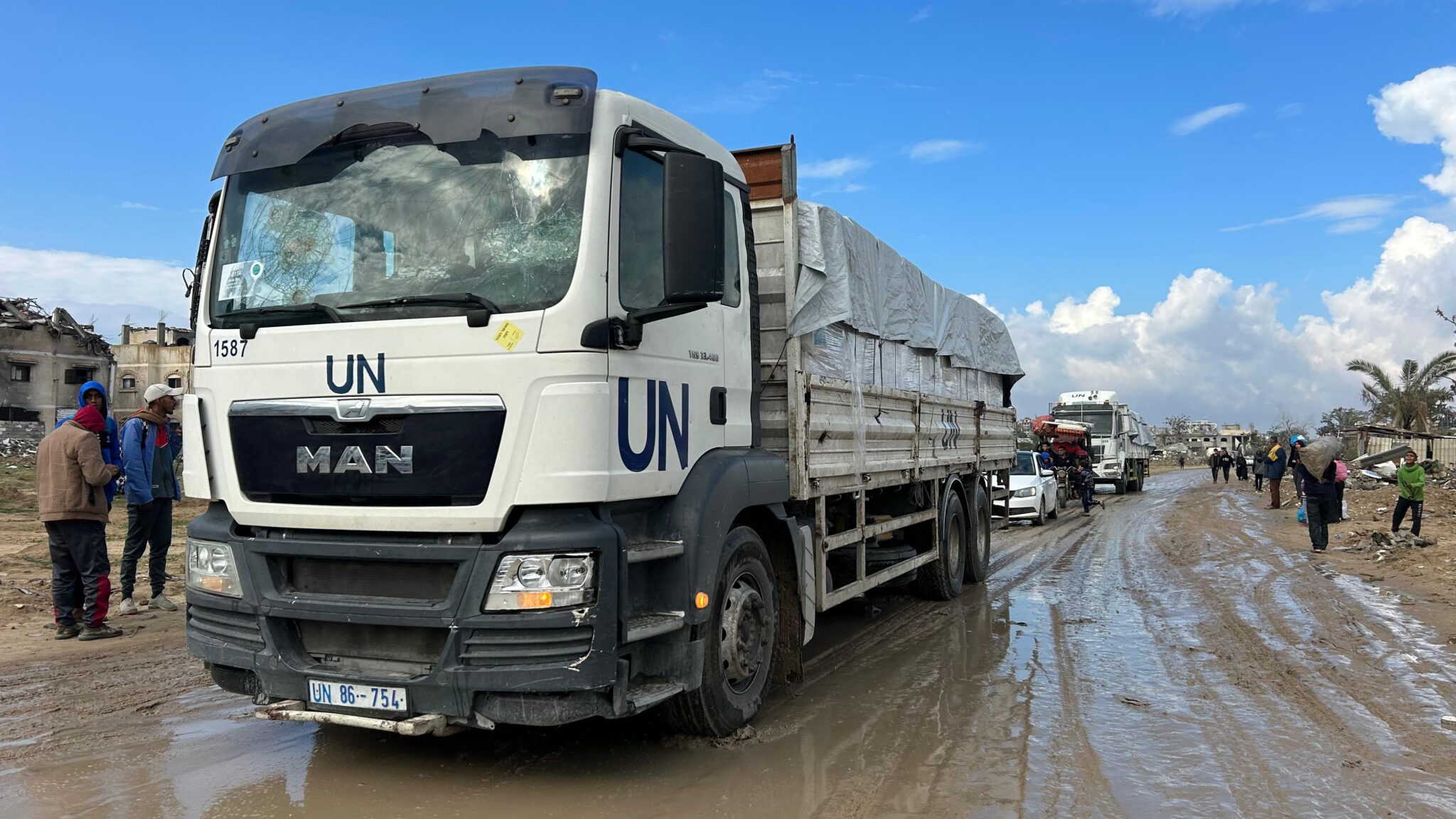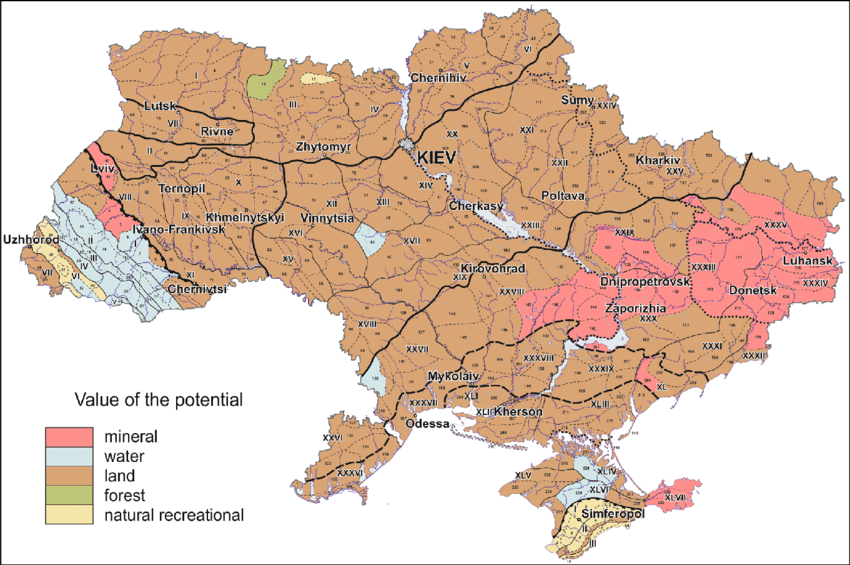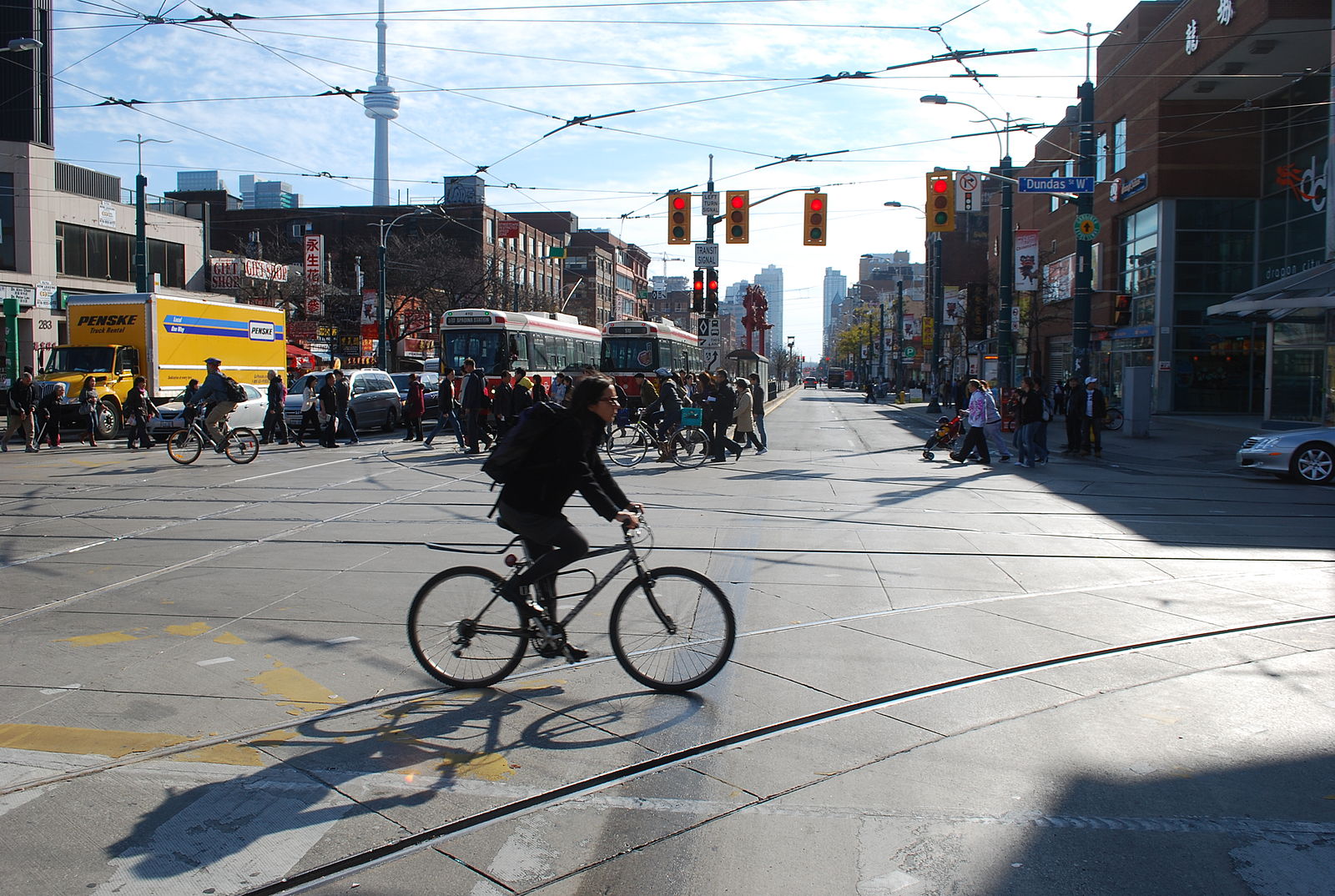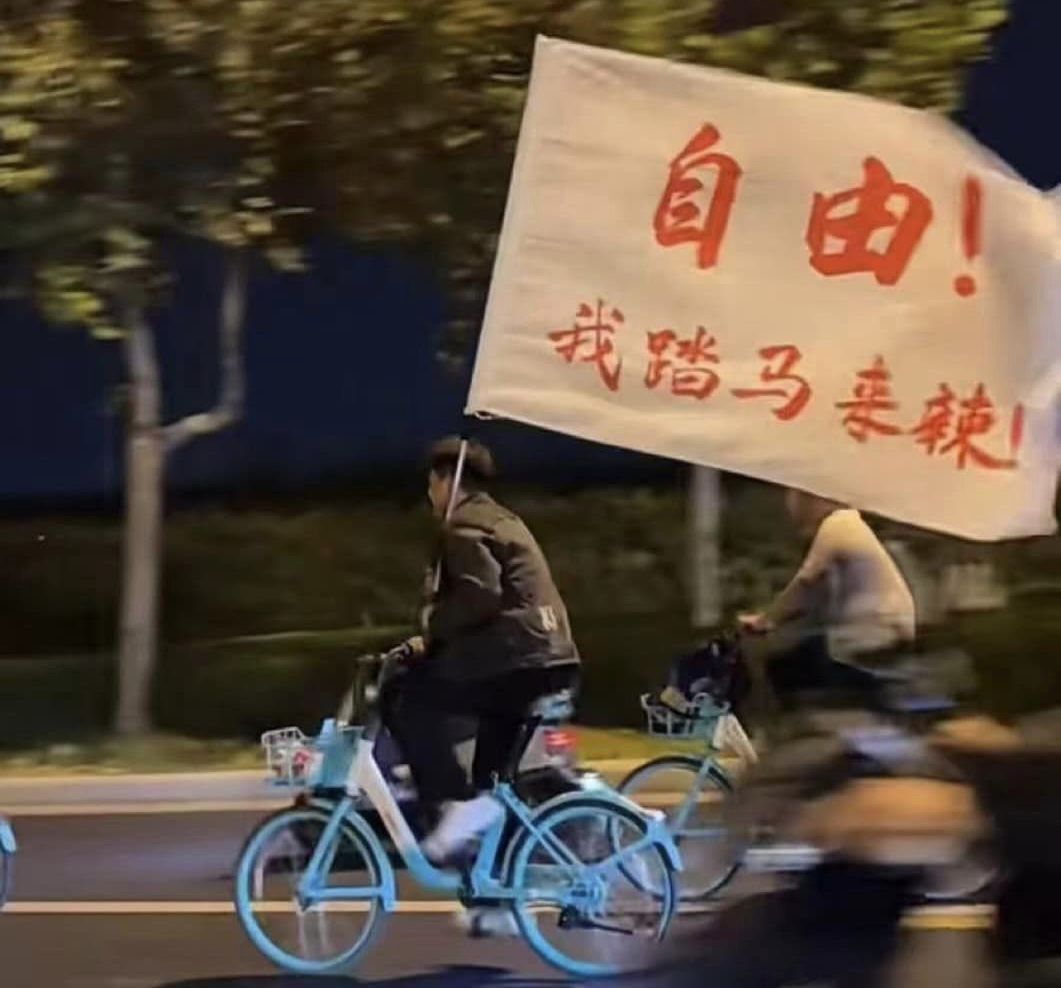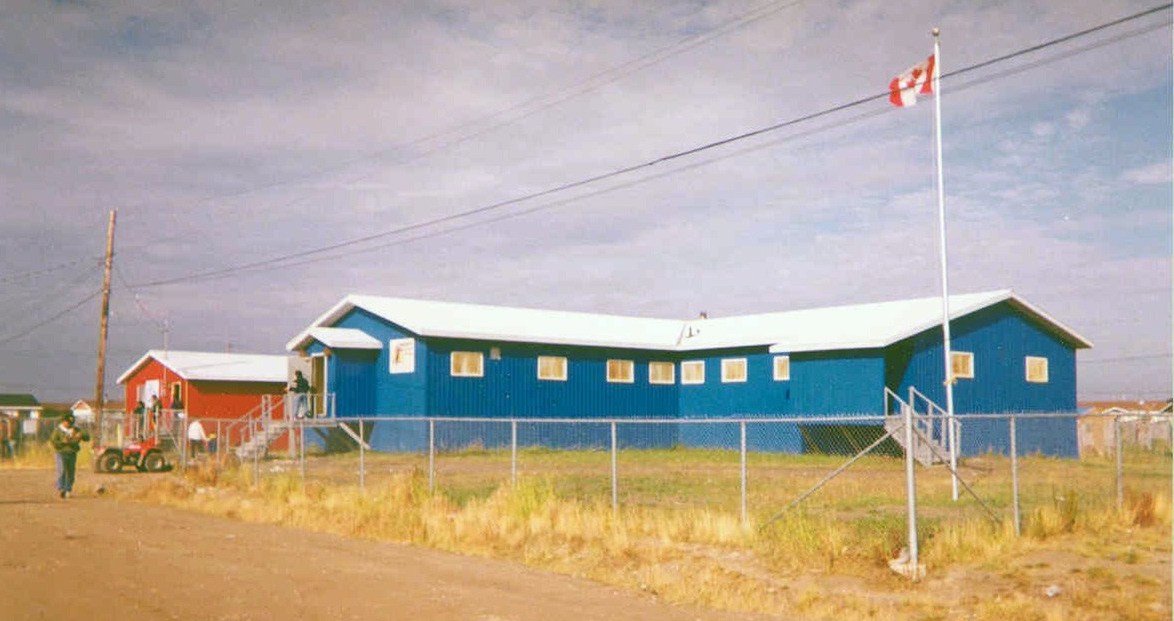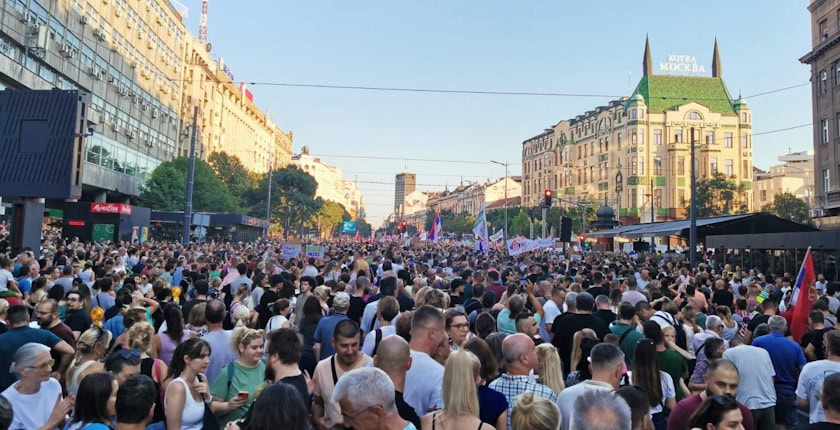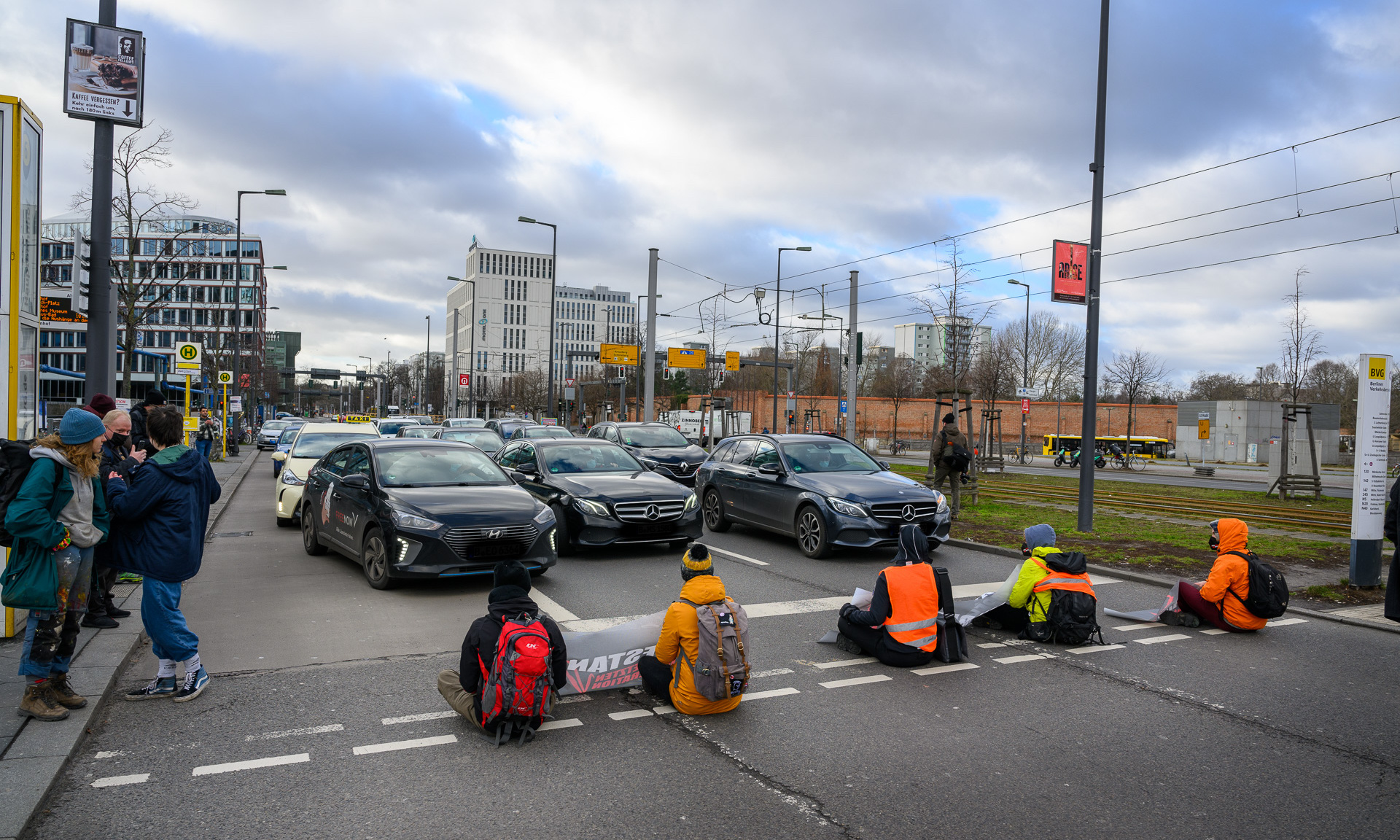
Suit challenges ‘inhumane’ conditions at ICE facility
Advocacy groups in Illinois filed a class action lawsuit against US federal authorities over “inhumane” conditions at a Chicago-area Immigration & Customs Enforcement (ICE) facility, claiming violations of detainees’ constitutional rights as well as federal regulations. The plaintiffs’ lawyers—from the MacArthur Justice Center, the ACLU of Illinois and Chicago law firm Eimer Stahl—charge that federal authorities have violated the Fifth Amendment Due Process clause by imposing unreasonable conditions of confinement at the Broadview facility. They also allege violations of an administrative regulation prohibiting coercion to induce a waiver of rights. They further allege a violation of the Sixth Amendment in denial of detainees’ right to counsel. (Photo: Paul Goyette/Flickr)





